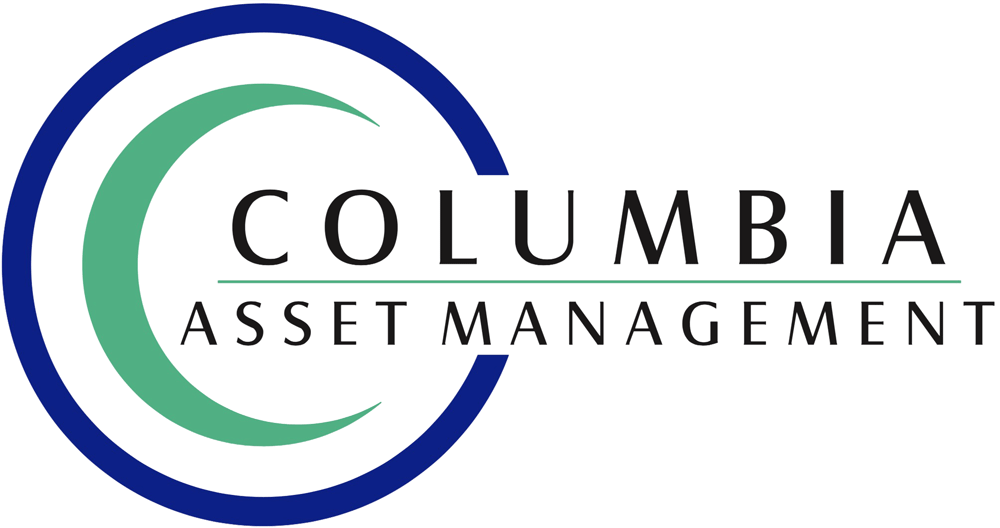
2024: Off and Running
The 2024 stock market has gotten off to a strong start, keeping the momentum going from last year. However, some market indices exaggerated the story of the fortunes of the typical stock in Q1. That is because the Nasdaq and S&P 500 indices are market-weighted, which means the largest companies have an outsized influence on performance. Case-in-point: Nvidia, the AI chip sensation. Starting 2024, it was one of the 10 most valuable companies anywhere yet it still went up over 80% in the first quarter, juicing the returns of those two indices. In fact, Nvidia, along with Meta, contributed about 35% of the S&P 500’s first quarter return.
The DJIA, not market-weighted and not including Nvidia, was up just over half those two indices – a bit over 5% before dividends. Thus, a more telling summary of the first quarter is that the average stock was up about 5%.
This result is pretty good for 91 days but it’s not really a ‘market on steroids’, and that should be a bit reassuring to investors. Markets fueled by speculation are more susceptible to big falls than markets which climb a wall or worry and skepticism.
Social Choice or Convenient Choice?
In the investment world, social choice funds have been very popular in recent years because the funds claim to support ‘ethical’ investments (a subjective concept) and their investment performance very good. Thus, one could make money while doing good – an easy choice to make.
The popularity of social choice investing has now waned and more of these funds have closed than opened in recent months. Why? It’s not because investors now don’t care about ESG issues (though there has been some pushback on the concept and what it means). It’s instead primarily because the performance of these funds has weakened. It makes one wonder: where do investors place ESG investing philosophically versus profitably?
The whole idea of ESG is a bit odd to begin with. What does it really mean? Is a company that carries a heavy carbon footprint but is necessary (at least currently), such as Chevron or Caterpillar,‘bad’ no matter what? What if that company is making big strides in reducing its carbon footprint? Isn’t that good and worth rewarding? Does a software firm that doesn’t pollute by nature of its business, just get a free pass? Is a company ‘good’ by social standards if it is progressive or conservative? Can you have a diversified portfolio of investments if your ESG filter is very fine? Investors are finding that ESG is much more complex in reality than it is conceptually.
EV’s are the Future, But When?
Like ESG funds, demand for electric vehicles appears to be waning, at least for now. Various elements are to ‘blame’ but two big culprits are that consumers who really want EV’s have already bought them and most EV’s are expensive. That said, I believe the biggest factor in falling EV demand is that the ‘charging equation’ has too many questions to trigger mass conversion. In our hyper-busy lives, we don’t want to take on more worry (i.e.: battery charge management) when our lives are already filled with complexity and concerns, modern as they may be.
Interestingly, e-Bike demand has weakened as well, also suggesting that early adopters have given way to the mainstream and the mainstream, at least for now, just isn’t there yet to keep these sectors booming.
We may see a switch back to strong demand going forward, but for now electric vehicles of all sorts are still in the novel stage and not yet where they want to be—the mainstream.
Why is Honesty So Hard to Come By?
From health care to politics and from sports to business — dishonesty, deceit and lack of transparency too often rule. In recent headlines, banks are being exposed for deceiving current customers regarding high yield savings accounts and CD’s, new pro baseball pants are too transparent (while the manufacturers and league deny the obvious) and a burger CEO is saying one thing then denying it when he realized it was a mistake.
It’s critical that leaders be trustworthy. When they deny the obvious it immediately makes them look the opposite. They create a PR nightmare by thinking we won’t notice. This is not leadership.
Online banks are known for good interest rates on cash savings. However, all is not what it seems. It turns out as interest rates have risen, some of these banks advertise a higher rate for new customers that they don’t automatically give their current customers. Instead, apparently to confuse their current clients yet stay within the rules, they introduce a very similar-named product, but slightly different, for new customers to induce them to come aboard yet not have to pay that same higher rate to existing customers who don’t notice.
Unless you pay very close attention and then update your account, existing customers are not given the same rate. Only vigilant existing customers can likely figure this out. Trickery — is that a good way to treat your loyal customers?!
The CEO of Wendy’s, while recently discussing the company’s prospects, mentioned that they would explore ‘dynamic pricing’ during lunch (i.e.: increase prices at lunchtime, when demand is high). When pressed about this controversial approach, a spokesperson for Wendys said that raising prices at lunchtime was not what he meant. Wait, what?? He said exactly that was his plan. His denial was not because he was misunderstood, it was because he realized it was a big PR mistake and tried to deny his way out of it. This is a bad look for their CEO. It’s not the mistake that was the issue, it was the denial of the mistake. Trust is lost and confidence diminished.
Name Recognition – Another Prob
Robert F Kennedy Jr. is not a broadly compelling presidential candidate, but he’s of interest to some simply because of his famous name. I’ve long thought that a political hopeful, of either party, would do well by changing their name to Lincoln or Washington simply because we recognize those names in politics. When some vote, they are drawn to the name that’s most familiar. It’s reassuring. Maybe the best candidate’s name would be simply Mom.
Human psychology, whether in politics or investing, should not be underestimated.
Brian Weisman, CFA,CPA,CFP,CMA
(734) 665-1454
brian@columbiaasset.com

 2023: An Unexpected and Nice Surprise
2023: An Unexpected and Nice Surprise